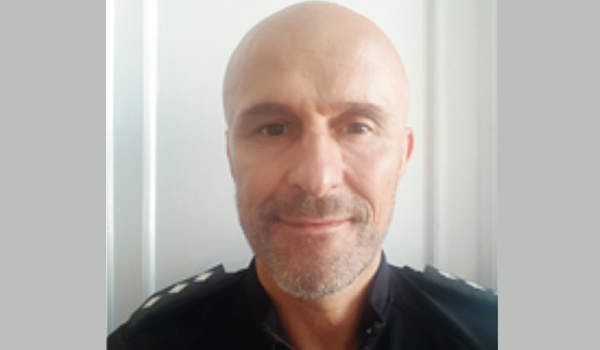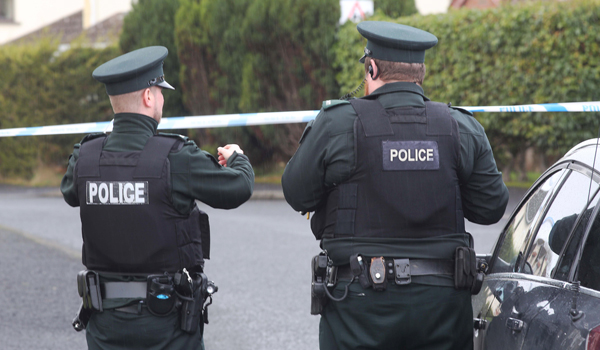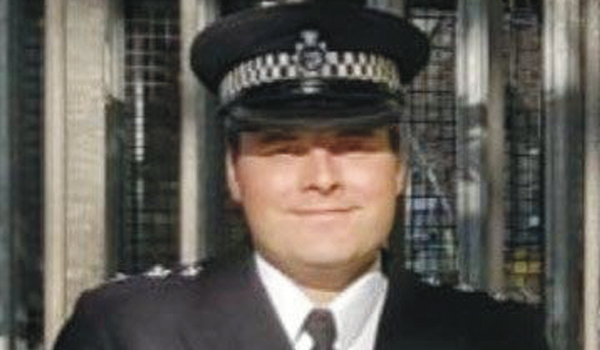Adopting 4Ps for domestic abuse
In a significant move to address domestic abuse (DA) as a policing priority, Dyfed-Powys Police introduced an innovative approach inspired by strategies typically used to fight terrorism and organised crime.
This initiative implements the 4Ps model – prepare, protect, prevent, pursue – to enhance support for medium-risk DA victims while effectively targeting offenders. After a pilot and evaluation, it was adopted force-wide on White Ribbon Day 2024.
I conceived this initiative after recognising that while neighbourhood policing teams often know who their active criminals are, there was a significant gap in understanding the needs of DA victims and perpetrators. Reflecting on my current experiences as an LRO within the organised crime arena, I realised that the principles of the 4Ps model could also benefit the response to DA.
My focus on DA has two ‘whys’; one personal and the other professional. The first, stems from an experience as a response sergeant at a high-risk domestic incident and the impact and injuries to victim that night which shaped my commitment and focus to DA. Secondly, it was evident that while high-risk DA victims receive significant safeguarding and resource investment, there remained an opportunity to improve the handling and safeguarding of medium-risk cases, which can rapidly escalate. Most domestic homicides don’t emanate from high risk incidents but generally from the other two risk groups, and I felt that more could be done by NPTs who need to do more in the domestic abuse space.
Medium-risk DA situations are characterised by identifiable risks of serious harm that may only materialise under certain circumstances. The initiative aimed to identify immediate and long-term safeguarding issues, undisclosed offences, and enhance partnerships to ensure effective risk management and multi-layered support for victims.
Implementation began with NPT officers contacting medium-risk victims within 72 hours of an incident, following an assessment by the force’s Secondary Risk Assessment Unit. The ‘prepare’ stage involves comprehensive risk assessments, checking on immediate needs, such as possible refuge provisions, and ensuring it’s safe for officers to engage with the victim. The ‘protect’ phase emphasises additional safeguards for victims, which can include utilising body-worn video equipment to document interactions and referring victims to various support services. In the ‘prevent’ stage, officers explore measures to deter further offences, including checks on bail conditions and creating strategic patrol plans to ensure the victim’s ongoing safety. Finally, the ‘pursue’ phase seeks to hold perpetrators accountable. Officers may take further action based on new disclosures, which could lead to additional arrests or prioritising offenders who needed to be further arrested.
During initial trials in Carmarthenshire from January to October 2024, the initiative recorded 711 medium-risk DA incidents, with 138 victims benefitting from increased safeguarding measures as a result. Where suspects were bailed, 60 disruption patrols circa to the addresses of victims’ were also conducted to prevent further offending and enhance safeguarding. The success is also measured by how victims respond when engaged by officers who ask quality assurance questions that allow us to measure victim satisfaction and efficacy, indicating a positive start to the programme.
Chief officer support has been prominent, with ACC Gary Phillips expressing his pride in the initiative’s progress, while the Domestic Abuse Commissioners Office has been engaged and supportive throughout.
I believe the 4P model is flexible and can be applied to various crime types, such as burglaries and street robbery, and volume crime such as shoplifting. Since adopting this model, force leaders are optimistic about its potential to revolutionise the approach to DA, offering a structured, victim-centred response that is both practical and impactful. The strategy for me needed to be relatively simple to be effective so that the service is delivered and felt by each victim.
Steve Thomas, Chief Inspector, Dyfed-Powys Police






